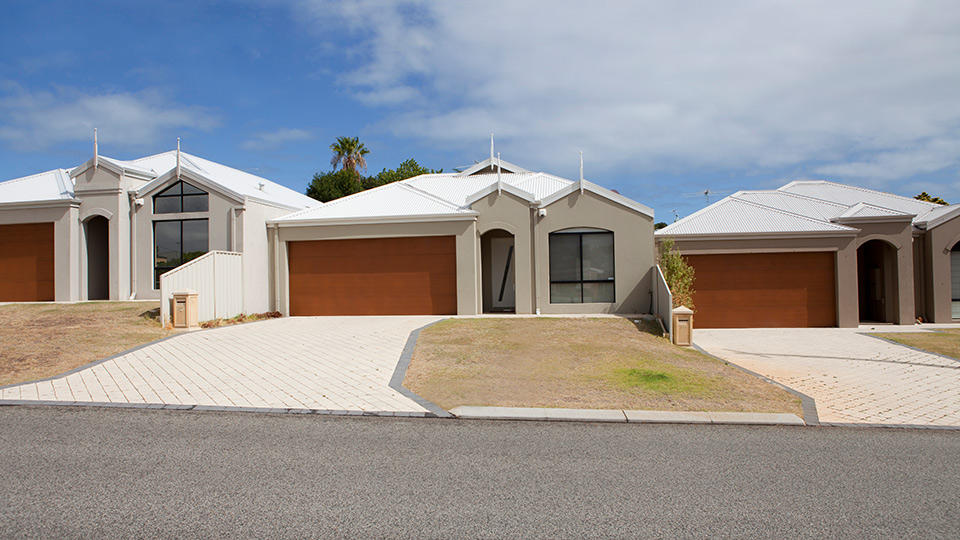July 5, 2018
Downsizing and property investment tips to fund your retirement

The kids have (finally) left home, and you’re rattling around in more space than you need in a house that takes more upkeep than you want to undertake.
Or maybe you’ve hit retirement with less in your super fund than you would like, and moving to a smaller, cheaper home would free up some funds to provide you with a more comfortable retirement.
Here are a few things to consider when downsizing, along with a few property investment tips, to fund your retirement:
Some important questions to ask
There are many, often overlapping reasons why you might want to downsize your home in retirement, but to make sure you achieve the right outcome there are a number of issues that need to be explored and addressed. These include:
- Where do you want to live? Do you want to be near family or the beach? How much will you miss friends and neighbours if you move far away from your current community?
- How much money do you want or need to free-up? This will have a big bearing on where and what you will be able to buy
- How much will you walk away with? Aside from the sale and purchase prices, don’t forget agent’s fees on your sale, stamp duty on your purchase, removalist fees and any repairs and renovations to your new home
- What will downsizing do to your age pension entitlement? Any money released as a result of downsizing will count towards Centrelink’s assets and income tests.
Is downsizing the best option for you?
Do you really need to downsize?
If a smaller, more manageable home appeals to you, great! However, if the primary reason for selling is to free up some funds, other alternatives may be worth exploring.
These include reverse mortgages and the Pensioner Loans Scheme. Another option might be to subdivide your property and sell the backyard.
Super opportunity
What will you do with the funds that you free up?
From 1 July 2018, individuals aged 65 or over can contribute up to $300,000 ($600,000 for a couple) from the proceeds of the sale of a home they have owned for at least 10 years to superannuation.
Using superannuation to fund your retirement isn’t the only option, however.
It may be preferable to maintain flexibility and make use of the generous tax offsets available to seniors by investing outside of super.
Assess the market
In recent years and in many areas, stand-alone houses have risen in value at a faster rate than the townhouses and units that appeal to downsizers.
Putting off downsizing for a few years may deliver greater capital growth and increase the value of the estate that you ultimately leave to your beneficiaries.
However, there are also pockets where units have performed well, often due to demand from downsizers.
It’s therefore important to understand the dynamics of the markets in which you are both buying and selling.
Investment option
How far can you plan ahead? Could you purchase your future ‘downsizer’ now, and let it out as a rental property for a few years, with the tenant helping to pay off some of the mortgage? Just make sure you understand the tax implications.
Take your time, seek advice
Clearly, there’s a lot to work through.
Whether the issue is tax or social security, investment or property advice, when it comes to downsizing, LDB’s team of experts can help you make the right decision.
To find out more about how we can help you, call us on (03) 9875 2900 or fill out the contact form below.





